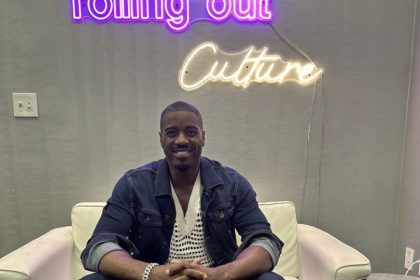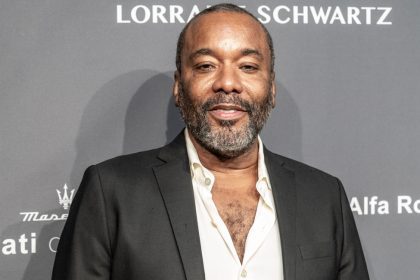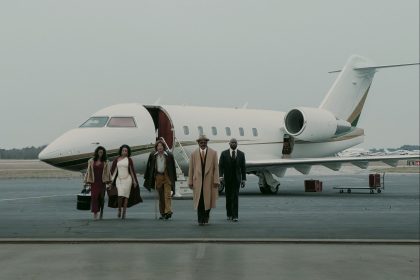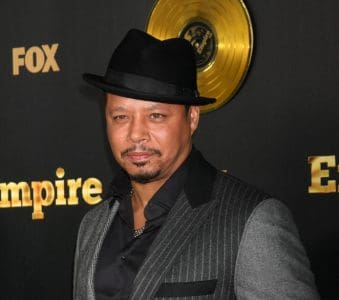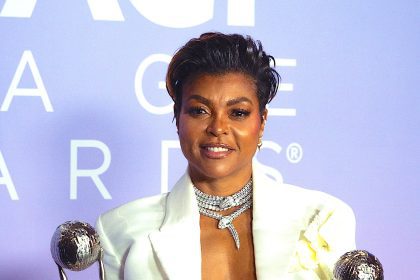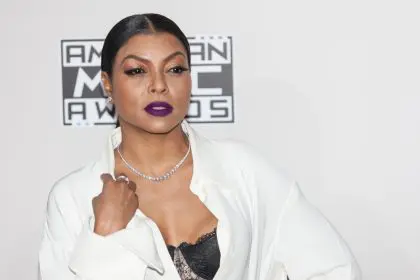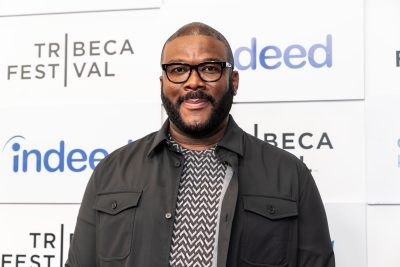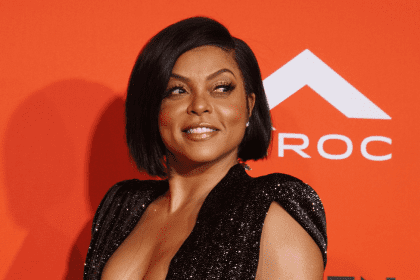
I love Taraji P. Henson. I spent my formative years in Washington, D.C., as a student at Howard University, so I know that girl. You know her too, the buried innocence reflected in her hopeful gaze, masqueraded by an esoteric southern drawl that screams bravado while at the same time having the ability to evoke compassion. Within a split second, you can either feel threatened or the most love ever, by which octave of “Boo” she chooses when she addresses you.
When Cookie Lyon stormed into our lives with her jazzy one-liners and unapologetic fashion choices, partnered with street smarts honed as a means of survival and protecting those she loves, I loved her too, because I know that girl. The drama-laden, predictable plot of “Empire“ felt like more of a satirical throwback to the popular evening soap operas of the ’80s rather than a compelling voyage, so it was all in good fun; it was entertainment. It felt good to shed the looming responsibility of martyrdom and surrender to the dramedy of Black fantasy as a guilty pleasure.
What I didn’t see coming was the effect that “Black-ish” would have on me. When the show debuted, the promotional budget seemed nominal. We were given little to no information other than what appeared to be another would be failed attempt at a comedy centered around a Black middle-class family aiming to resuscitate that Huxtable feeling. I was even prematurely embarrassed by the title of the show (my mind raced to exploitive demonstrations of what it means to be Black). Instead, I became addicted to Anthony Anderson and Tracee Ellis Ross’ brilliant representation of Generation X, the first generation birthed into hip-hop culture, and the duo’s transition into not only co-existing with their millennial children, but maintaining the historical context of Black culture in the midst of suburbia all while sustaining their hip-hop sovereignty.
The Golden Globe Award nominations is something that I’ve learned to muddle through, save my affirmative reaction to occasional nods and sometimes victories earned by the royals of Black star power. I was used to Black people being acknowledged for tear-jerking or biopic dramatic performances because that’s the path that has been blazed for decades. A New York Times headline led me to comb through the 2016 Golden Globe nominations and as I reviewed the list, I found myself once again, desensitized by the glow of Whiteness. I was fine with Black actors being ignored because I’d rather you deny our existence than mischaracterize it.
Then, I saw it: Best Drama Series nominee, “Empire.” The nominations for “Empire” would not have troubled me, had they dwelled in diverse company. It continues to be painfully apparent that the Hollywood “Foreign” Press sees our existence as one-dimensional — Black fiction as entertaining, but not as an experience. Shows like “Black-ish” and “Being Mary Jane” being snubbed further illustrates the singular lens through which the voters process Blackness, or for that matter, America. The prisoner, vixen, entertainer — worthy of Hollywood hardware. Loving mother, doting father, supportive sister, colorful, brilliant children — silent film industry.
The rituals of nomination season dictate that there will always be complaints about the lack of diversity in voting because it’s a reflection of the industry at large, but the intrinsic humor or love shared in the Black experience on shows like “Being Mary Jane“ and “Blackish“ or even a hashtag like #Thanksgivingwithblackfamilies has become our reward. We’re learning in this shared information age that no hardware validates our experience like we can. Our gift has become sharing ourselves in all the realness of Rainbow Johnson as a Black surgeon wearing shell toe adidas and bamboo earrings; Cookie Lyon as a newly released prisoner representing a mash-up of Joan Collins and Pam Grier; Niecy, Mary Jane Paul’s niece, being comfortable with her thickness and pretty brown face; and Andre Johnson’s humorous challenge to the advertising industry to free itself from marginalizing all of Black America as Urban. That’s our world; that’s our globe. You stay “Golden.” –angela mack

